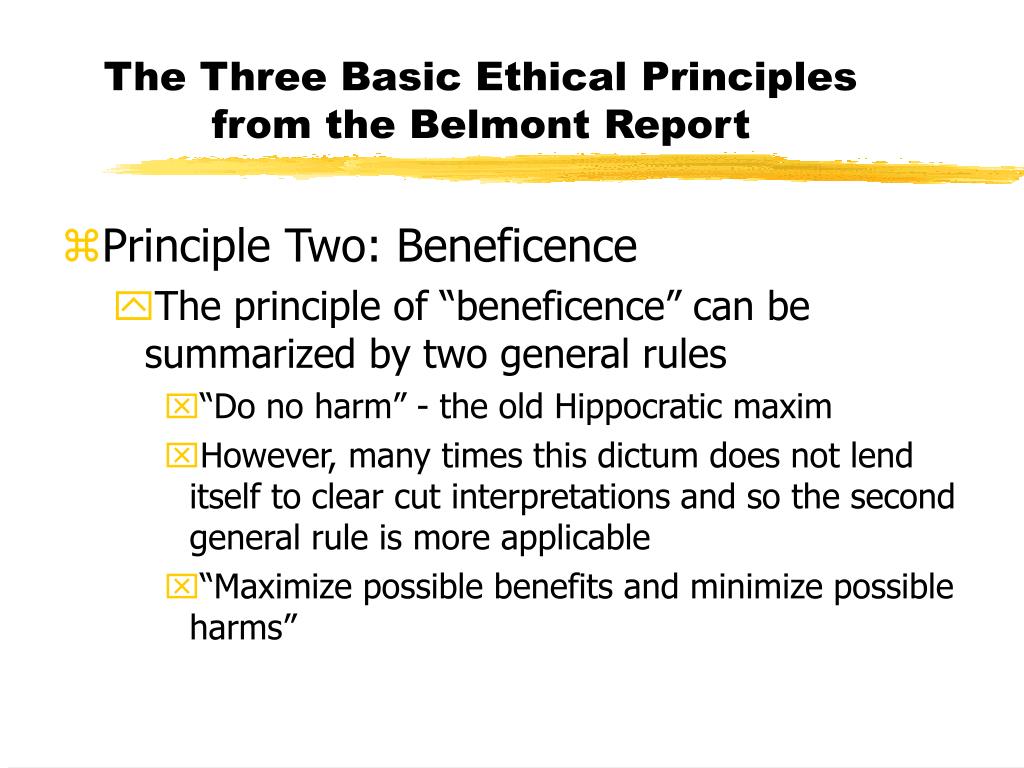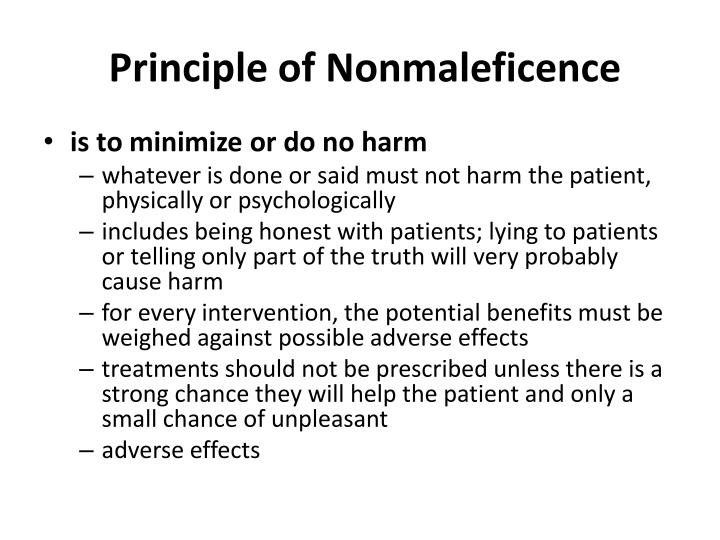

In contrast, physician and commissioner Robert Levine, staff philosopher Tom L. Alexander also mentioned the possibility that its publication may have a certain degree of influence on regulations that would be subsequently announced. Walters pointed out that this reflected the regulations for gene therapy clinical trials through deliberation related to the President’s Commission for the Study of Ethical Problems in Medicine, Biomedical, and Behavioral Research (hereinafter, President’s Commission). McCarthy recognized the effect of this report on federal regulations. Jonsen and LeRoy Walters, physician and commissioner Duane Alexander, staff philosopher Stephen Toulmin, and National Institute of Health (NIH) liaison Charles R. In particular, the 2004 Oral History of the Belmont Report and the National Commission for the Protection of Human Subjects of Biomedical and Behavioral Research (hereinafter, Oral History) reflected a trend of contrasting views on its effect (Oral History 2004). The 20th and 25th anniversaries of the release of the report provided opportunities to reflect on its historical significance (Childress et al. At the time of its creation, the members of the National Commission, the staff philosophers, and the staff directors harbored differing views on the influence the Belmont Report would have. 2017 Porter and Koski 2008), opinions remain divided over the effect the report has actually had on policies for the protection of human subjects in the United States. Nevertheless, despite research into the Belmont Report progressing in the twenty first century (Bertholf 2001 Breault 2006 Friesen et al.

The core of the report was principles-Respect for Persons, Beneficence, and Justice-and their specific applications (Informed Consent, Assessment of Risks and Benefits, and Selection of Subjects). One of the results of this effort was a request that the report reflect the federal regulation known as ‘Protection of Human Subjects (45 CFR 46)’ (DHEW 1974), which the DHEW had already publicly released in May 1974. This report was written after the Department of Health, Education, and Welfare (DHEW now the Department of Health and Human Services ), in accordance with the National Research Act (enacted in July 1974), created the National Commission to examine and identify comprehensive ethical principles for the purpose of protecting human subjects. ‘The Belmont Report: Ethical Principles and Guidelines for the Protection of Human Subjects of Research’ (National Commission 1979), which was written by the National Commission for the Protection of Human Subjects of Biomedical and Behavioral Research (hereinafter, National Commission) and publicly listed in the Federal Register in April 1979, is one of the basic documents related to bioethics policy in the United States. Nevertheless, regarding the regulations on gene therapy clinical trials-which were at first expected to be applicable to research involving children-in addition to implementing policies regarding the public review of protocols that passed ethical review, this report’s principles are clearly reflected in the key notes that should have been referred to when the report was created. Moreover, throughout this paper we evaluate the ethical principles outlined in this report and describe how they overlap with the issue of protecting socially vulnerable groups. Based on the analysis, we conclude that the features of the Belmont Report cannot be considered as having affected the basic sections of the federal regulations for ethical reviews that were made uniform in 1981. Additionally, we analyze the effect of unfolding events on the subsequent creation of federal regulations, especially on gene therapy clinical trials. Subsequently, we review the process involved in developing ethical guidelines and describe the report’s features. We first recount the historical context surrounding the creation of this report. Understanding the historic reputation of this monumental report is thus crucial. However, the assessments of the report’s creators are sharply divided.

The Belmont Report continues to be held in high regard, and most bioethical analyses conducted in recent years have presumed that it affects United States federal regulations.


 0 kommentar(er)
0 kommentar(er)
